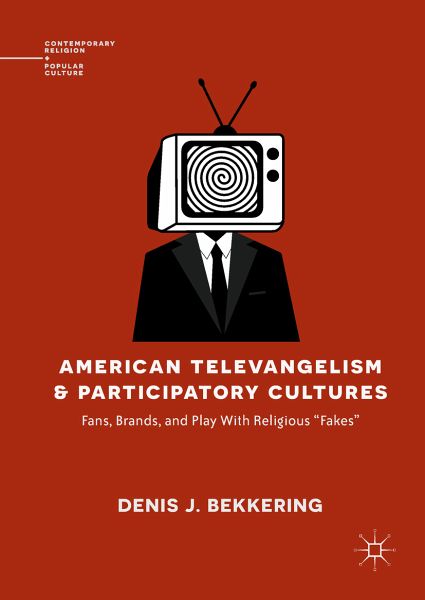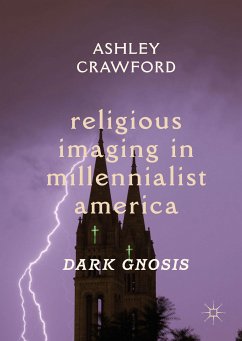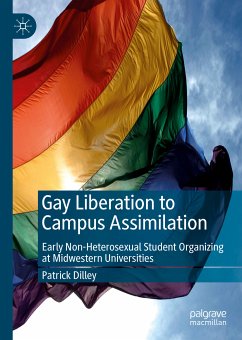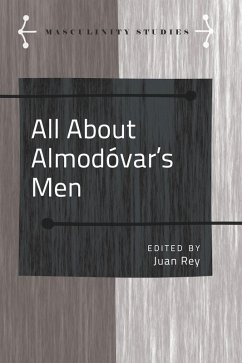
American Televangelism and Participatory Cultures (eBook, PDF)
Fans, Brands, and Play With Religious "Fakes"
Versandkostenfrei!
Sofort per Download lieferbar
46,95 €
inkl. MwSt.
Weitere Ausgaben:

PAYBACK Punkte
23 °P sammeln!
This book examines unintended participatory cultures and media surrounding the American televangelists Robert Tilton and Tammy Faye Bakker-Messner. It brings to light heavily ironic fan followings; print, audio, and video projects; public access television parodies; and other comedic participatory practices associated with these controversial preachers from the 1980s onwards. For Tilton's ministry, some of these activities and artifacts would prove irksome and even threatening, particularly an analog video remix turned online viral sensation. In contrast, Bakker-Messner's "campy" fans - gay me...
This book examines unintended participatory cultures and media surrounding the American televangelists Robert Tilton and Tammy Faye Bakker-Messner. It brings to light heavily ironic fan followings; print, audio, and video projects; public access television parodies; and other comedic participatory practices associated with these controversial preachers from the 1980s onwards. For Tilton's ministry, some of these activities and artifacts would prove irksome and even threatening, particularly an analog video remix turned online viral sensation. In contrast, Bakker-Messner's "campy" fans - gay men attracted to her "ludicrous tragedy" - would provide her unexpected opportunities for career rehabilitation.
Denis J. Bekkering challenges "supply-side" religious economy and branding approaches, suggestions of novelty in religion and "new" media studies, and the emphasis on sincere devotion in research on religion and fandom. He also highlights how everyday individuals have long participated in public negotiations of Christian authenticity through tongue-in-cheek play with purported religious "fakes."
Dieser Download kann aus rechtlichen Gründen nur mit Rechnungsadresse in A, B, BG, CY, CZ, D, DK, EW, E, FIN, F, GR, HR, H, IRL, I, LT, L, LR, M, NL, PL, P, R, S, SLO, SK ausgeliefert werden.












